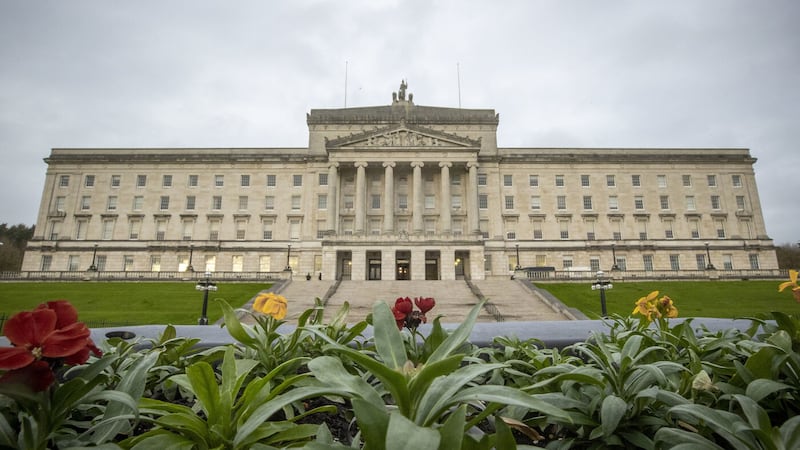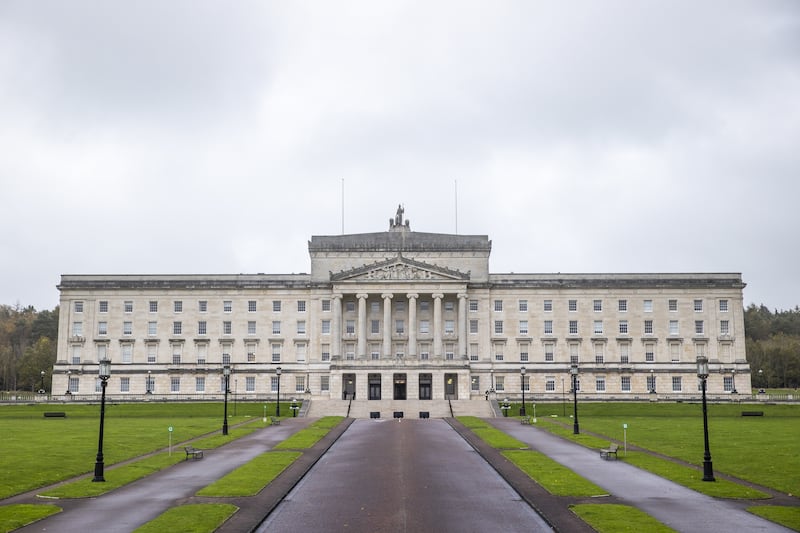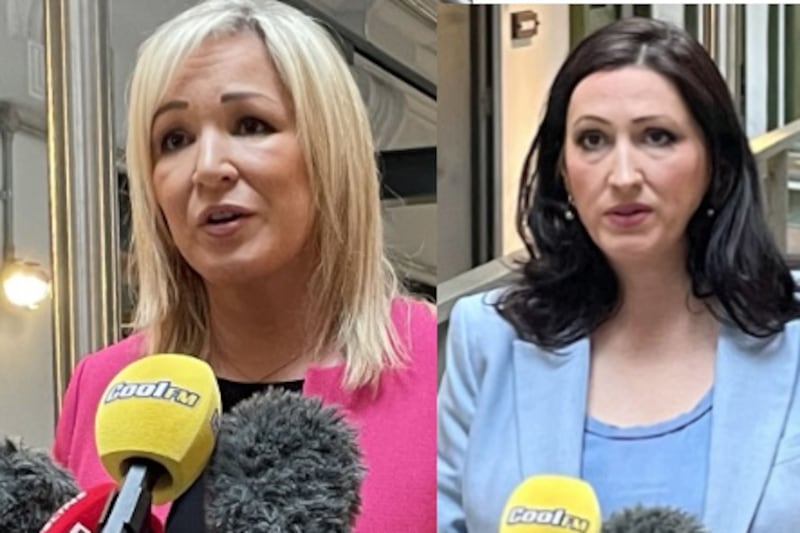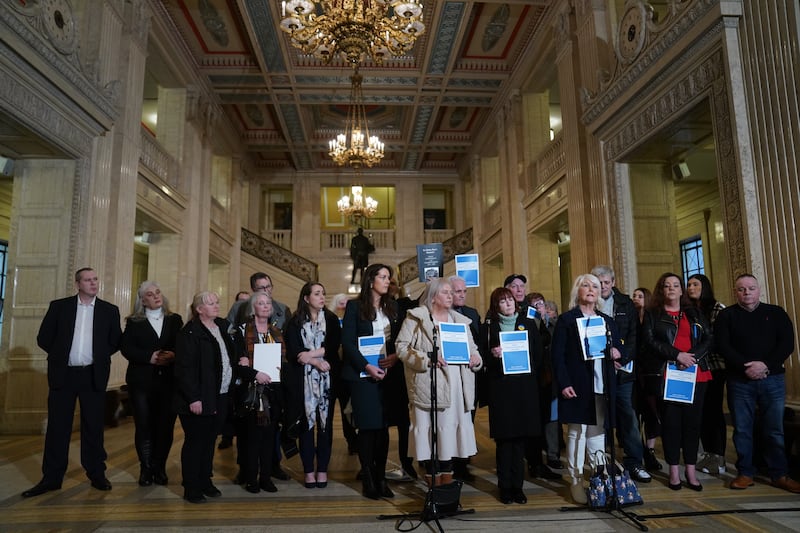Politicians at Stormont are to have their salaries cut by almost a third as the stalemate over getting the assembly up and running continues.
Secretary of State Chris Heaton-Harris has announced the 27 per cent cut today in a statement to the House of Commons.
A failure to form a Stormont ministerial executive following May's election has placed a legal responsibility on the British government to hold a poll by January 19 but Mr Heaton-Harris has extended the deadline for calling an assembly election by six weeks, with an option to extend it by a further six weeks.
This would mean an election could be delayed until early March or into April.
He added: “The one thing that everyone agrees on is that we must try and find a way through this current impasse."
Mr Heaton-Harris confirmed he would be “asking for this House’s support to enable me to reduce MLA salaries appropriately”.
He said: “When so many are concerned about the cost of living in Northern Ireland, I know the public there will welcome a further measure I intend to address…
“People across Northern Ireland are frustrated that the members of the legislative assembly (MLA) continue to draw a full salary whilst not performing all of the duties they were elected to do. I will thus be asking for this House’s support to enable me to reduce MLA salaries appropriately.
Scene in House of Commons as Northern Secretary Chris Heaton-Harris @chhcalling announced expected further delay to legal obligation to call fresh Stormont Assembly election + cutting MLA salaries by almost a third. Not exactly a lot of interest from other MPs @rtenews pic.twitter.com/wcN9YnCkoQ
— Vincent Kearney (@vincekearney) November 9, 2022
Senior DUP member Edwin Poots said cutting the salaries of MLAs would have absolutely “no influence whatsoever” on his party’s stance on boycotting Stormont until changes are made to the Northern Ireland Protocol.
“The issue for us is a principle, so cutting wages is neither here nor there in terms of the position that we adopt, it will have no influence whatsoever on our position,” the South Belfast MLA told BBC Radio Ulster.
“Should they entirely take the salaries away, that’s entirely up to the Secretary of State, but what he really needs to focus on is finding a solution to the problem that has been created, a problem that ensures that our assembly would be taking laws, our people will be taking laws, passed in the European Parliament, which would then be applied in Northern Ireland where we have no scrutiny, where we have no role, we have no impact – that’s legislation without representation.
Secretary of State for Northern Ireland, Chris Heaton-Harris @chhcalling is making a statement on Northern Ireland Elections.
— UK House of Commons (@HouseofCommons) November 9, 2022
Watch live ⬇️ https://t.co/AnKmnG8U3N
“That’s something that was opposed in America many, many years ago whenever the British ruled in America and it’s something that I’d be very surprised that nationalist parties seem very up for – that laws can be made here in Northern Ireland, but they don’t actually have any influence on those laws.
“Secondly, the internal border has to go. These are issues that have to be resolved. They’re big, big issues. They will only be resolved between the European Union and United Kingdom Government.
“But we are not allowing things to carry on as normal as if this is okay. We gave them a period of grace at the outset to try to get the issues resolved, they weren’t resolved. There’s no grace left for the Government and European Union on this issue.”
The secretary of state is also set to give extra powers to Stormont civil servants to enable them to run the north's rudderless public services.
He is also expected to confirm plans to pass a budget for Stormont.
The moves expected to be announced later on Wednesday will require legislation to be laid and passed at Westminster.
It is understood Mr Heaton-Harris briefed the Stormont parties on his intentions on Wednesday morning.
Yesterday, Downing Street said the restoration of powersharing was an "absolute priority" after the issue was the first item on the agenda at a Cabinet meeting chaired by British prime minister Rishi Sunak.
The moves will require legislation to be laid and passed at Westminster.
The plans are set to be confirmed in a statement to the House of Commons later today.
The restoration of the institutions is being blocked by the DUP, which refuses to nominate a deputy first minister in protest at the Northern Ireland Protocol.
Extending the deadline for an election from January 20 would enable time for a deal with the EU and create an opportunity for an executive to be in place by April's 25th anniversary of the Good Friday Agreement.








